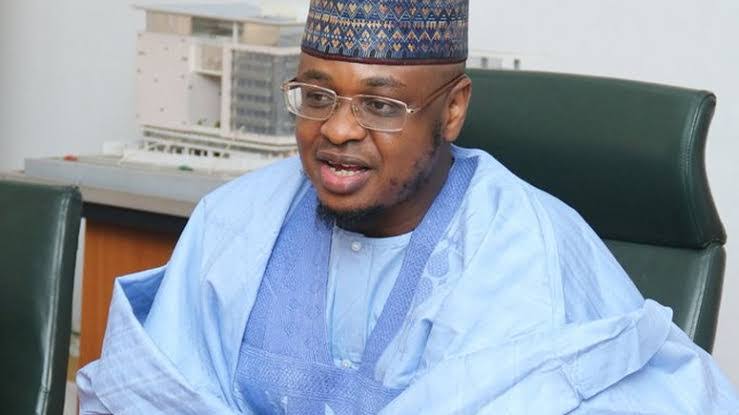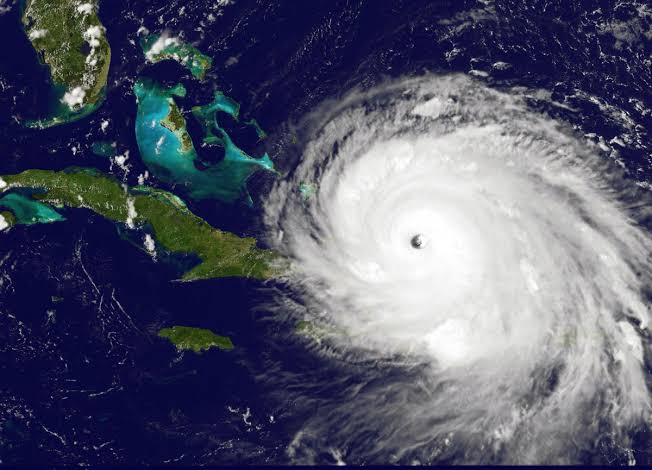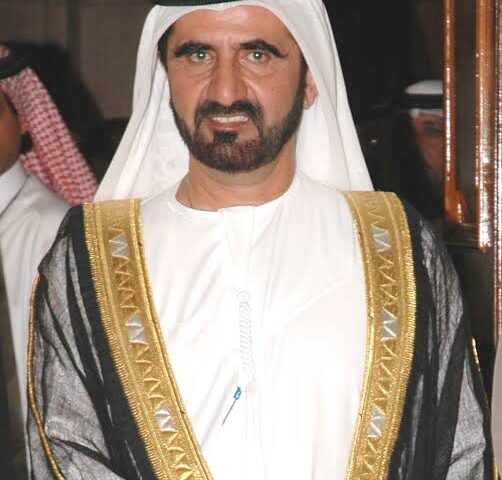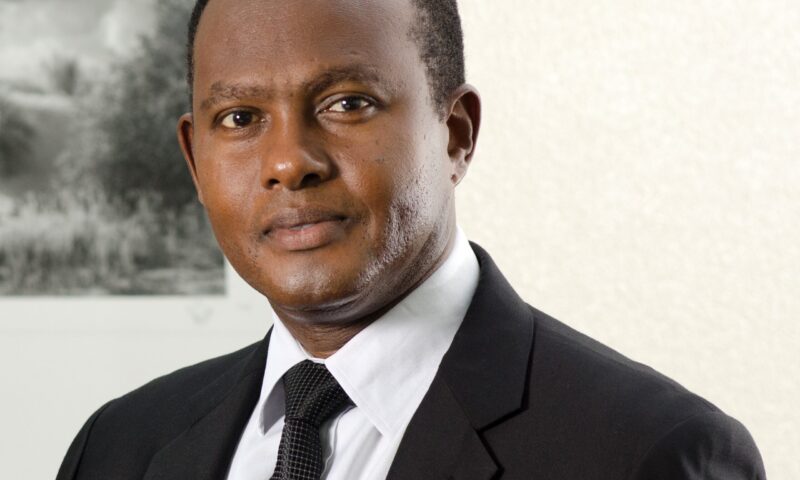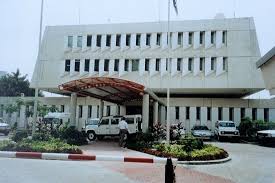This is according to its updated financials available on the Nigerian Stock Exchange Market.
Commenting on the rationale behind the revenue growth in the latest financials posted by the firm, the CEO of MTN Nigeria, Ferdi Moolman, said, “Following a decline in voice traffic and an acceleration in data during lockdowns in Q2, we have seen a normalization of traffic as restrictions have been removed, with a recovery voice traffic and continued growth in data. This has supported a 13.9% growth in service revenue, with an acceleration of growth to 16.5% in Q3 specifically.”
Operating profit also increased by 7.8% from N284.73 billion in Q3 2019 to N307.01 billion in Q3 2020.. The growth in operating profit was largely impacted by the increase in finance costs as a result of increased borrowings (September 2019: N381 billion, September 2020: N509 billion), leading to a decline of 0.6% in profit before tax to N211.6 billion.
The following are key metrics which impacted the Q3 2020 figures posted by the firm:M
Mobile subscribers increased by 3.9 million to 75million.Active data users increased by 1.7 million to 30.7 million. Service revenue increased by 13.9% to N973.8 billion.Earnings before interest, tax, depreciation, and amortization (EBITDA) grew by 9.1% to N497.9 billion.
EBITDAmargin declined by 2.3 percentage point (pp) to 51.0%, due to cost pressures arising mainly from increased investments in the firm’s network and the impact on costs of the depreciation to the CBN and NAFEX exchange rates. Profit before Tax (PBT) declined by 0.6% to N211.6 billion. Earnings Per Share (EPS) declined by 3.3% to N7.1 kobo


